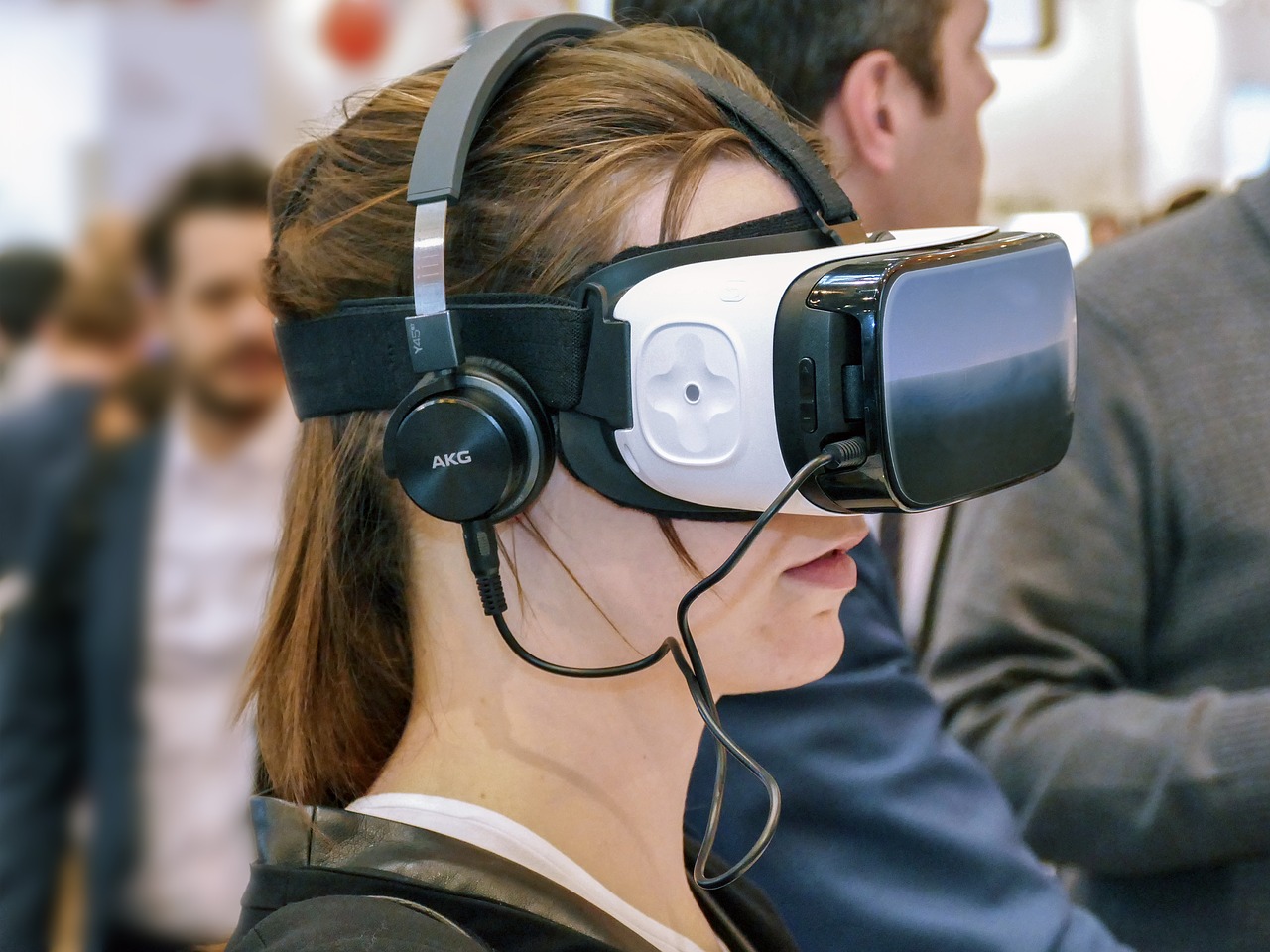Virtual reality (VR) is a technology that has been around for decades. However, the quality was not good or affordable to attract the public. With the advancement of technology VR is about to become a popular technology and it is currently used in several industries such as education and real estate. Many companies specialized in real estate marketing are currently using it to attract more clients for real estate developers.
One of the popular tools currently used is virtual reality for real estate. It can be used for built properties or unbuilt properties. In the case of an existing property, all it is needed is to take 360 images or videos. Once they are captured they can be uploaded to a player, the images can be played in Youtube or another platform. With one click, the 360 experience can turn into a VR experience. However, when the property is unbuilt, the developer needs to order 3D assets. The quality is so good these days that some of these unbuilt environments may seem realistic. The prospective buyers have the impression that they are actually visiting the actual property. Moreover, VR has so many benefits. It enables developers to show properties across geographies. A Chinese investor can visit a property in the US market without setting foot on US soil. In addition, this is such a boon because it enables buyers to save a lot of time. They do not need to waste time visiting multiple properties. They can at least narrow down they properties they are going to visit. Thus, they save their precious time for other activities.
Another exciting tool is real estate augmented reality (AR). It has so many benefits because it let the client view certain items in 3D. Many real estate developers are using it to reduce their carbon footprint and reduce their costs. Instead of building an expensive scale model, that are hard to transport and prone to breakage, they can just build these models using AR. As opposed to physical models, they can change textures and colors at their leisure. Both AR and VR are the byproduct of the gaming industry and they propagate to other industries in the same way they did for real estate.


